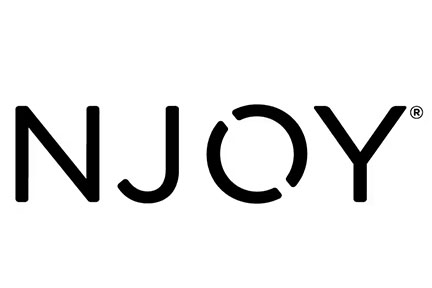Altria Group, Inc. and KT&G Corporation announced they have signed a non-binding global collaboration memorandum of understanding (MOU) “to pursue joint growth opportunities in modern oral nicotine, non-nicotine wellness products, and operational efficiency in traditional tobacco.” The partnership builds on Altria’s long-term goal of expanding into adjacent international categories beyond cigarettes, first outlined in 2023.
The companies said their complementary strengths would accelerate innovation and market expansion. As an initial step, an Altria subsidiary will acquire an ownership interest in Sweden-based Another Snus Factory (ASF), concurrent with KT&G’s purchase of the company, giving both parties a foothold in the LOOP nicotine pouch brand. They also plan to evaluate ways to expand Altria’s on! and on! PLUS oral nicotine products to select markets.
Beyond nicotine, the collaboration extends into the U.S. wellness and energy space through Altria and KT&G’s Korea Ginseng Corporation, which will jointly explore new product opportunities. The two firms will also work to improve operational efficiency in traditional tobacco businesses, with the aim of strengthening competitiveness and creating transferable capabilities for future international smoke-free ventures.








